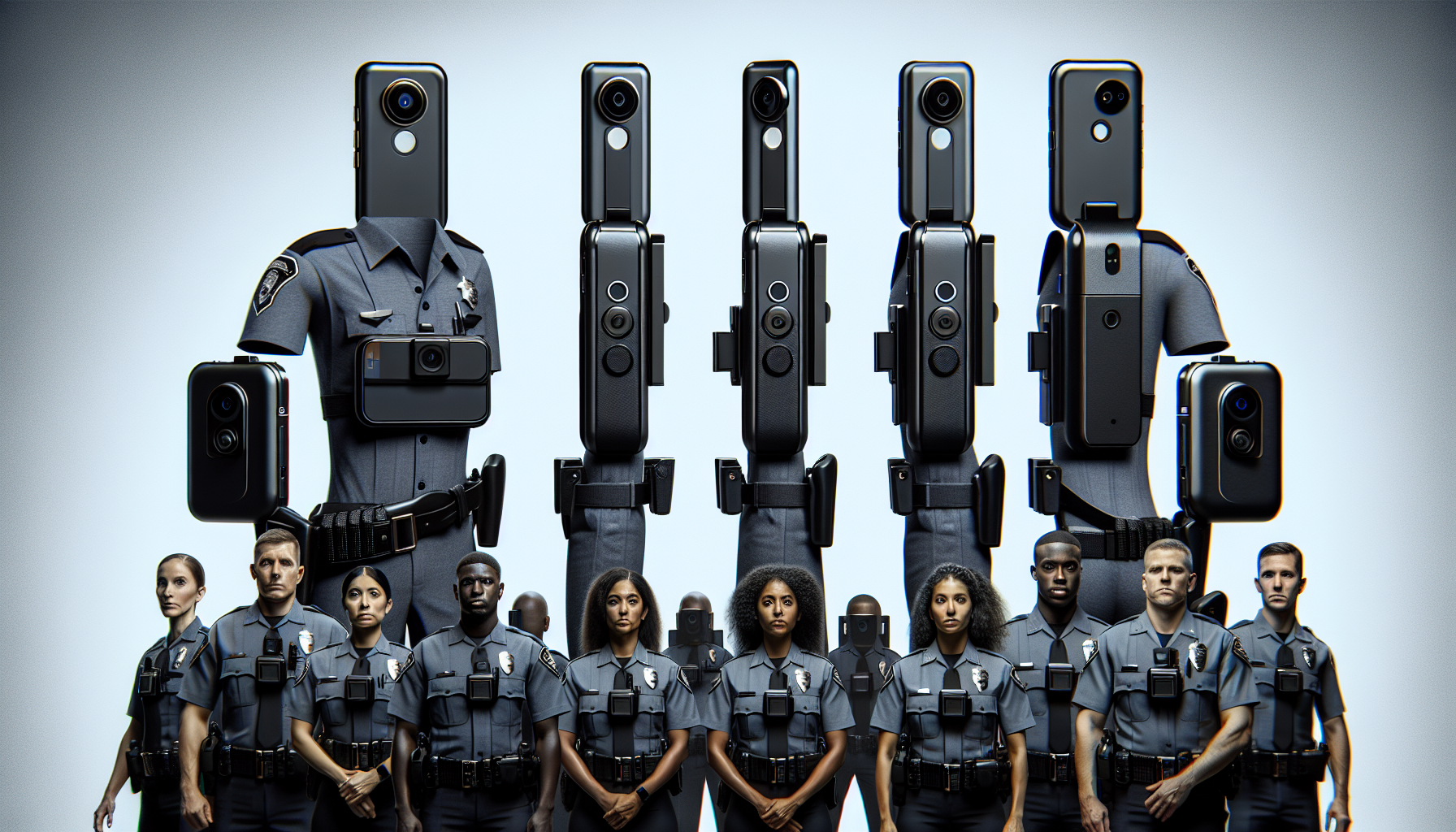 Samsung Galaxy Z Flip: A Revolutionary Resource for Law Enforcement
Samsung Galaxy Z Flip: A Revolutionary Resource for Law Enforcement
In an innovative step, law enforcement agencies throughout the United States are beginning to implement Samsung’s Galaxy Z Flip series devices. Originally part of a pilot initiative with the Kimberling City Police and the Indian Point Police in Missouri, these foldable mobile devices have emerged as an inventive solution to improve everyday police operations. This article explores the details of the pilot initiative, the personalization of the devices, and the wider repercussions for technology in law enforcement.
The Pilot Initiative: A Fresh Start for Police Bodycams
The pilot initiative, initiated two years prior, represented the inaugural use of foldable devices by police as bodycams. The Kimberling City Police and the Indian Point Police were the frontrunners, evaluating how these sophisticated devices could facilitate their routine duties. After a successful trial, additional police departments began using the Flip devices as bodycams, and the insights gained from these trials are now being implemented in 25 metropolitan police departments across five different states.
Personalization for Law Enforcement
The Flip devices utilized in the pilot initiative were tailored in partnership with Visual Labs, a firm that specializes in adapting mobile technology for body and dash camera usage. Notable alterations included reprogramming the volume button to activate the camera, allowing officers to initiate recording more quickly and easily while on duty. These modifications aimed to boost the productivity and effectiveness of law enforcement efforts.
The Wider Landscape: Technology in Law Enforcement
Samsung’s project is emblematic of a broader movement where tech companies are incorporating their innovations into law enforcement practices. Previously, Amazon-owned smart doorbell company Ring had introduced measures for sharing video footage with law enforcement, though these measures faced backlash and were later revoked. In addition, tools such as facial recognition and drones are being increasingly integrated into police work, prompting discussions regarding privacy and the moral ramifications of surveillance.
Obstacles and Debates
While the incorporation of cutting-edge technology like the Galaxy Z Flip brings many advantages, it also presents hurdles. Investigative reports from ProPublica and The New York Times have exposed how local regulations may complicate the beneficial impact of bodycams, either by postponing or obstructing footage disclosures. These challenges emphasize the necessity for clear and consistent policies to guarantee that the technology fulfills its intended role.
Conclusion
Samsung’s Galaxy Z Flip series is transforming the operational landscape for law enforcement agencies, showcasing a vision for the future of policing. Designed for improved efficiency and effectiveness, these foldable devices are becoming indispensable tools for officers nationwide. Nevertheless, as with any technological progress, it is vital to confront the associated challenges to ensure the advantages can be fully harnessed.
Question and Answer Segment
Q: In what ways were the Galaxy Z Flip devices tailored for police application?
A: The devices were modified in collaboration with Visual Labs, including changes like reprogramming the volume button to start the camera, facilitating quicker and simpler recording for officers in the field.
Q: Which police departments participated in the initial pilot initiative?
A: The Kimberling City Police and the Indian Point Police in Missouri were the primary participants of the pilot initiative.
Q: How many police departments are currently utilizing the Galaxy Z Flip devices as bodycams?
A: After the pilot initiative, two additional police departments adopted the devices, and the strategies are now being rolled out to 25 metro police departments in five states.
Q: What challenges are linked to the use of bodycams in law enforcement?
A: Challenges consist of local regulations that might delay or impede footage releases, as identified by investigations from ProPublica and The New York Times.
Q: Are other technology firms engaged in law enforcement?
A: Yes, other technology companies such as Amazon-owned Ring are also involved, although they have encountered controversies regarding their footage-sharing policies with officers.
Q: What additional technologies are being employed by law enforcement?
A: Besides bodycams, law enforcement agencies are utilizing technologies like facial recognition and drones, which raise significant concerns about privacy and ethics.